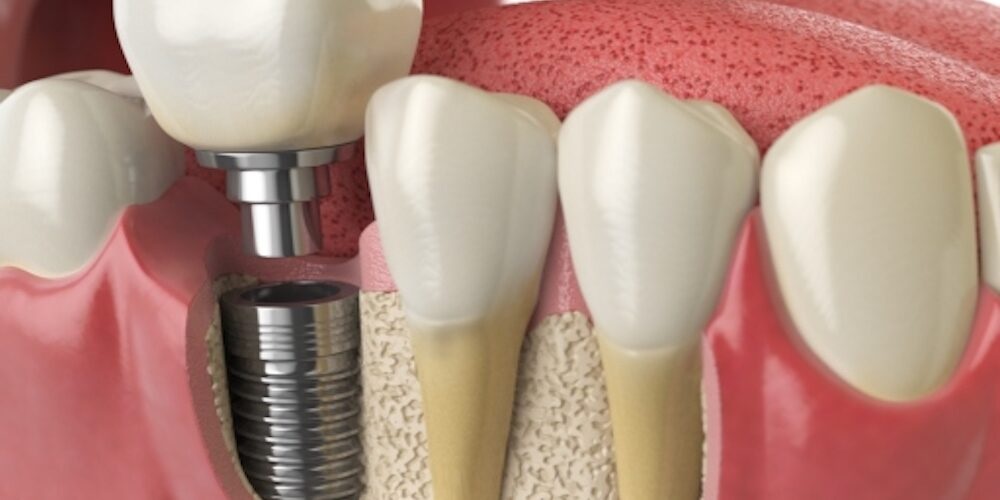
The Role of Orthodontics in Oral Health
Orthodontics, a specialized branch of dentistry focusing on the alignment of teeth and jaws, plays a pivotal role in maintaining optimal oral health. This article delves into the multifaceted contributions of orthodontics to oral health, highlighting its significance in preventing dental issues and promoting overall well-being.
- Correction of Malocclusion:
Orthodontics primarily deals with the correction of malocclusion, a condition where the teeth are not properly aligned when the jaws are closed. Correcting malocclusion is crucial as it can lead to a variety of problems such as difficulty in cleaning teeth, improper wear of tooth enamel, and strain on jaw muscles.
- Prevention of Oral Health Issues:
By aligning teeth properly, orthodontics aids in the prevention of numerous oral health issues like tooth decay and gum disease. Properly aligned teeth are easier to clean, reducing the accumulation of plaque and bacteria, which are the main culprits behind many dental problems.
- Enhancement of Oral Functionality:
Orthodontic treatment improves oral functionality by optimizing bite alignment. A well-aligned bite enhances chewing efficiency and reduces the risk of temporomandibular joint disorders, contributing to improved oral and overall health.
- Aesthetic Improvement and Self-Esteem:
Beyond functional benefits, orthodontics significantly impacts aesthetics and self-esteem. A harmonious smile can boost confidence and self-esteem, impacting social interactions and psychological well-being positively.
- Facilitation of Oral Hygiene:
Orthodontically optimized teeth facilitate effective oral hygiene practices. Properly spaced and aligned teeth allow for more efficient brushing and flossing, promoting gum health and preventing the onset of periodontal diseases and tooth decay.
- Speech Improvement:
Orthodontic interventions can also aid in resolving speech impediments caused by malaligned teeth or jaw structures, enhancing clarity of speech and contributing to effective communication and interpersonal interactions.
- Long-term Oral Health Sustainability:
Orthodontic treatments lay the foundation for long-term oral health by addressing the root causes of dental issues. The sustainability of oral health achieved through orthodontics reduces the likelihood of future dental interventions and associated costs.
Conclusion:
Orthodontics is integral to sustaining oral health, offering solutions that go beyond aesthetic enhancements. The multifaceted benefits of orthodontic treatments, including the prevention of dental diseases, enhancement of oral functionality, and improvement of speech and aesthetics, underscore its pivotal role in promoting overall well-being. By addressing the underlying issues related to tooth and jaw alignment, orthodontics paves the way for a lifetime of healthy, beautiful smiles.
